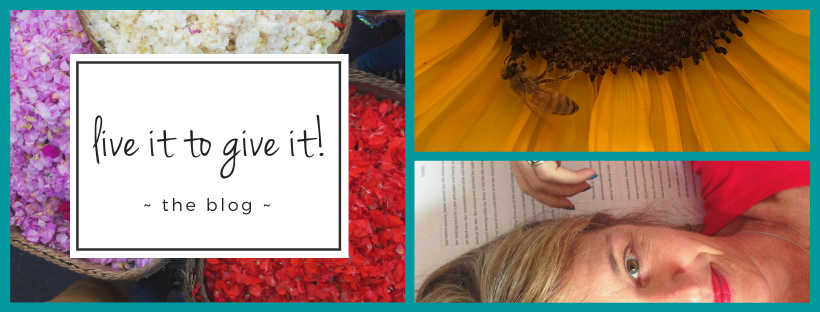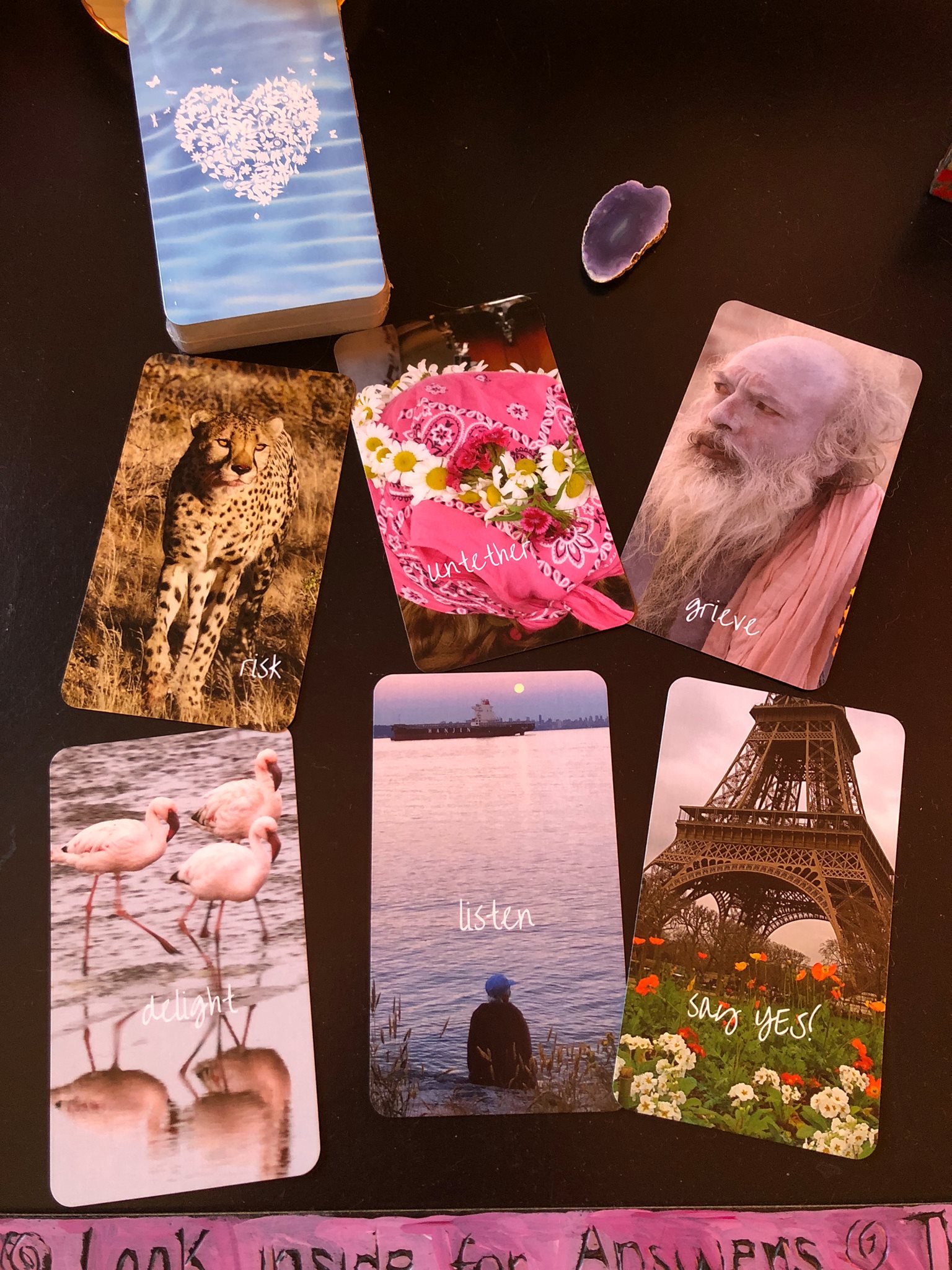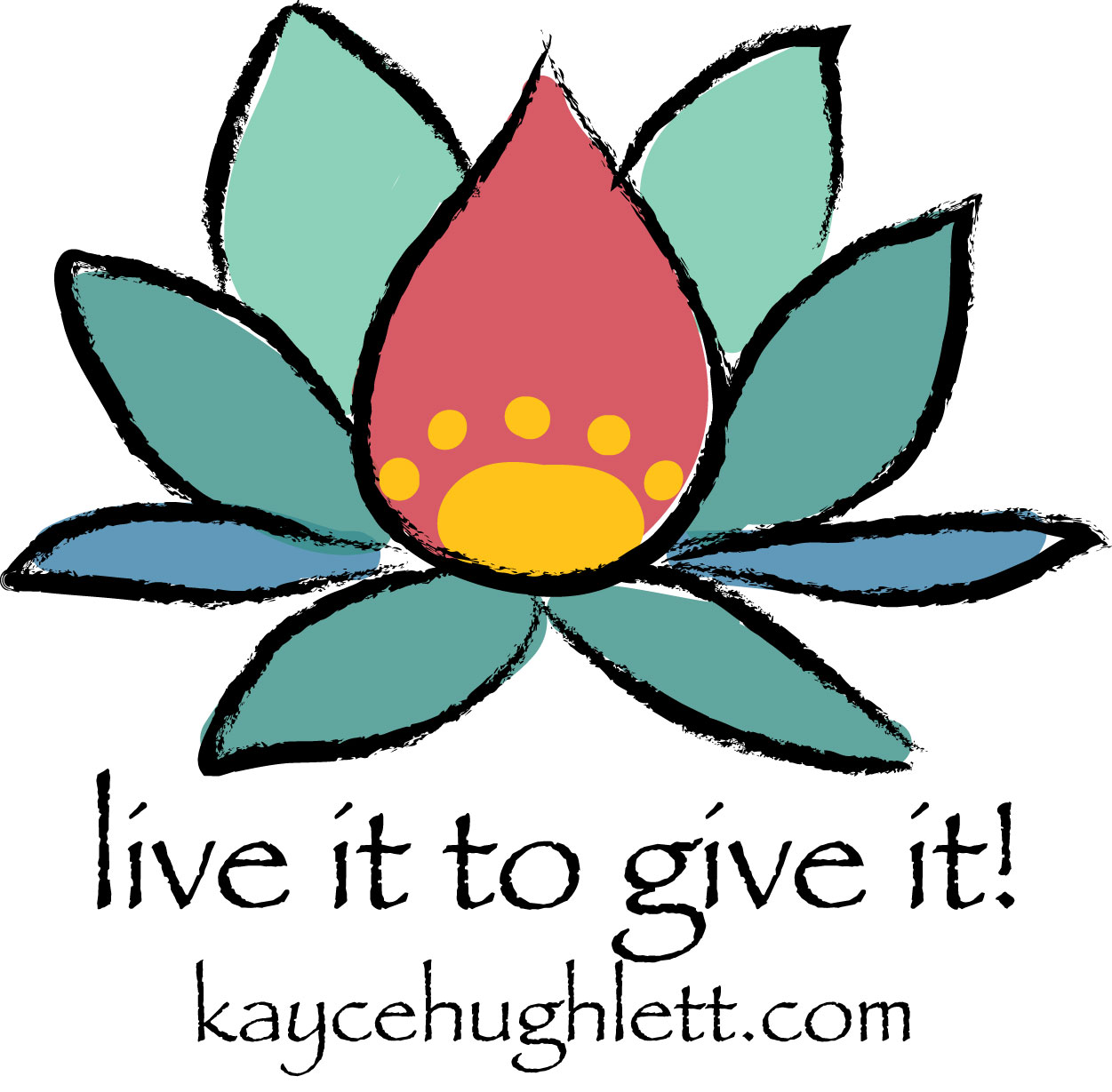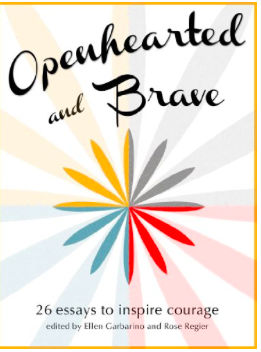The Art of Possibility - Being the Board
 Monday, May 20, 2013 at 8:14 AM
Monday, May 20, 2013 at 8:14 AM  This week’s chapter of our online book club, On the Same Page, was challenging for me. When I first read the topic (Being the Board), I thought it meant being your own board of directors. I liked the empowering sound of that, and then I read on.
This week’s chapter of our online book club, On the Same Page, was challenging for me. When I first read the topic (Being the Board), I thought it meant being your own board of directors. I liked the empowering sound of that, and then I read on.
The Zanders weren’t talking about being a director in the way I was thinking, but rather about renaming yourself as the board—like a chessboard on which the whole game of your life is being played. Images of people walking all over me as I lay, resigned, compliant and resentful rose in my mind. Ugh. Been there done that. So I put the book away…
…and then I picked it back up. After all, the Zanders hadn’t failed me yet. I’ve relished the other chapters I explored in depth: “It’s All Invented” and “Rule #6” as well as those that my cohorts, Kanesha, Betsy and Amy have elaborated on. I also know when something challenges me, I best pay attention.
“If I cannot be present without resistance to the way things are and act effectively, if I feel myself to be wronged, a loser, or a victim, I will tell myself that some assumption I have made is the source of my difficulty.” R & B Zander
 The Zanders describe the practice of Being the Board as a “graduate course in possibility.” If we haven’t practiced presence, letting go of resistance, and making peace with the way things are then it’s easy to feel wronged or victimized… and here’s the biggie… our culture has taught us that the “easiest” way out of a situation we don’t like is to blame someone or something else for our problems. Hmmm.
The Zanders describe the practice of Being the Board as a “graduate course in possibility.” If we haven’t practiced presence, letting go of resistance, and making peace with the way things are then it’s easy to feel wronged or victimized… and here’s the biggie… our culture has taught us that the “easiest” way out of a situation we don’t like is to blame someone or something else for our problems. Hmmm.
I stopped to consider how well it worked the last time I tried to blame the weather for my bad mood. Or try this one on: You blame your friend for their silence or wronging you. Do they get more talkative or do you both end up feeling wounded and alone? Here’s what the experts have to say about that:
When you or I blame the weather or someone else, to that degree, in exactly that proportion, we lose our power. We lose the ability to steer the situation in another direction… We lose any leverage we may have had, because there is nothing I can do about your mistakes or you mine. This reminds me of Byron Katie’s, “The Work” where Katie states if I think you should be doing something then perhaps it’s time to turn it around and explore the possibility that I should be doing it instead.
Neither approach (being the board or doing the work) is about blaming yourself (or anything else). Blame is the game where we stay stuck. Being the board is about making a difference and creating space. It’s about restoration rather than being “right.” It’s a way of thinking that has nothing to do with blame at all.
An example that comes to my mind is how I used to get all twisted up emotionally if my husband didn’t remember my birthday “correctly.” I expected him to read my mind and know what I wanted (either gift or celebration) and if he didn’t get it right then my day was ruined. (I shudder now at how childish that feels). I impugned him for getting it wrong, being insensitive, or whatever my blame game of the year was. Bottom line, I placed my happiness in his hands (i.e. I gave away my power) and our relationship (and my birthday) suffered because of it.
In the practice of being the board, you aren’t concerned whether the other person can read your mind or that they examine where they might be at fault (e.g. My husband doesn’t have to examine how he could have made my birthday better). You see that the “stumbling blocks” (miscommunication, expectations, etc.) that stand in your way are part of you, not the other person, and only you can remove them.
When you are being the board, you present no obstacles to others. You have no expectations or assumptions of how anyone else should act. You can then return to the practice of accepting things “the way they are.” Now remember being the board is a “graduate course in possibility.” It took me years of practice practice practice to get over my birthday drama! I can honestly say, however, that it was well worth the effort. Now, instead of a day that ends in tears or slamming doors, it’s one to celebrate with my beloved regardless of where we are or what gifts I receive. It’s all become gift!
Being the board launches us on a “soaring journey of transformation and development with others, a completely different route than the one of managing relationships to avoid conflict (which often causes more conflict). It calls for courage and compassion. You do not find compassion simply by listening to people; you open the channel by removing barriers to tenderness within you. Among the rewards are self-respect, connection of the deepest and most vital kind, and a straight road to making a difference.”
Pause for a moment and consider how expectations get in the way of your happiness. What if you let go of those expectations and replaced them with acceptance? What if you became the board?
Exercise:
- Consider a challenging relationship in your life. It could be with a co-worker, partner, child, the bus driver, anyone really. What expectations or assumptions do you hold in regard to this other person? Write them down.
- Take a few deep breaths and imagine letting go of those expectations. View them floating away like clouds on a summer day. Declare “I am the framework for everything that happens in my life.”
- Spend a few minutes journaling and/or exploring this practice.
- The 2nd part of the practice is to go one step further and ask yourself, in regard to the unwanted circumstances, “How did this get onto the board that I am?” or, “How is it that I have become a context for that to occur?” (ex. My family forgot my birthday as a kid, so now I expect my husband will too.)
- Create a “board” on a piece of paper (kind of like tic tac toe) and jot down the possibilities in the grid.
Have fun. Offer yourself grace, not blame. Notice what happens. Share what you discover here!
BONUS INTERVIEW: Kanesha Baynard and I talk about "The Art Of Possibility" and my recent retreat to Vienna, Austria... including tips for how to live everyday life with a sense of joie de vivre! 30 minutes... You're going to love it!!
:
 Books,
Books,  Letting Go,
Letting Go,  Possibility
Possibility 




Reader Comments (5)
Yes! "Being the board" helps me understand that I create the context for everything that happens in my life. In a sense, I create the rules of my game--how I will behave, how I will respond, and how I will measure success. By being the board, I'm not being the winner or loser, just the playground upon which the game plays out. I can observe without attachment and decide how I want to feel about it.
Loved your examples, Kayce--as usual, this is a beautifully crafted piece about a fascinating concept!
Wow. "Graduate course in possibility" is right! Exhilarating (i.e., terrifying and freeing and somehow fun... all at the same time).
"When you or I blame the weather or someone else, to that degree, in exactly that proportion, we lose our power." Boom.
Somehow the way you present this concept here, I feel like I am getting it for the first real, real, real time. I don't know why. But thank you!
Tonight my play will be making a board with images that can stay and/or fly away....water-coloring it, I think:)
This blows my mind really.
So, Kayce (and Amy and Kanesha), why do you think we are advised to identify -- and what do you think is to be done after we do identify -- "how I became the context for this situation?" Nothing? It's just worthy to note it? Does it somehow magically allow us to more easily let go of "shoulds" and blames?
Amy - this line of yours totally resonates with me: "By being the board, I'm not being the winner or loser, just the playground upon which the game plays out." The idea of making the board a playground feels so much lighter and more inviting than the doormat I was initially envisioning!
betsy - i hope you created your watercolor board. oh my! those images are so wonderful. BOOM! ;-) regarding your question about identifying with the context of the situation... i think it's like doing "the work." it's not about getting to a right or wrong answer, but rather about creating space and opening up the room for more possibility.
i was meeting with my spiritual director yesterday and discussing the example of my birthday that i used here. i said something about my expectations for bill to make my birthday great and she responded, "or to make up for all the times past." BOOM!! it was another way of experiencing the context of my situation and in that moment i could feel the space get broader and i let him off the hook even more! it really is kind of mind blowing and magical! it's like pondering... if we TRY to get somewhere, it doesn't seem to happen, but if we set an intention and go with what is we seem to arrive at the perfect destination. wild, huh?
thanks for helping me explore this even more!!! xoxo